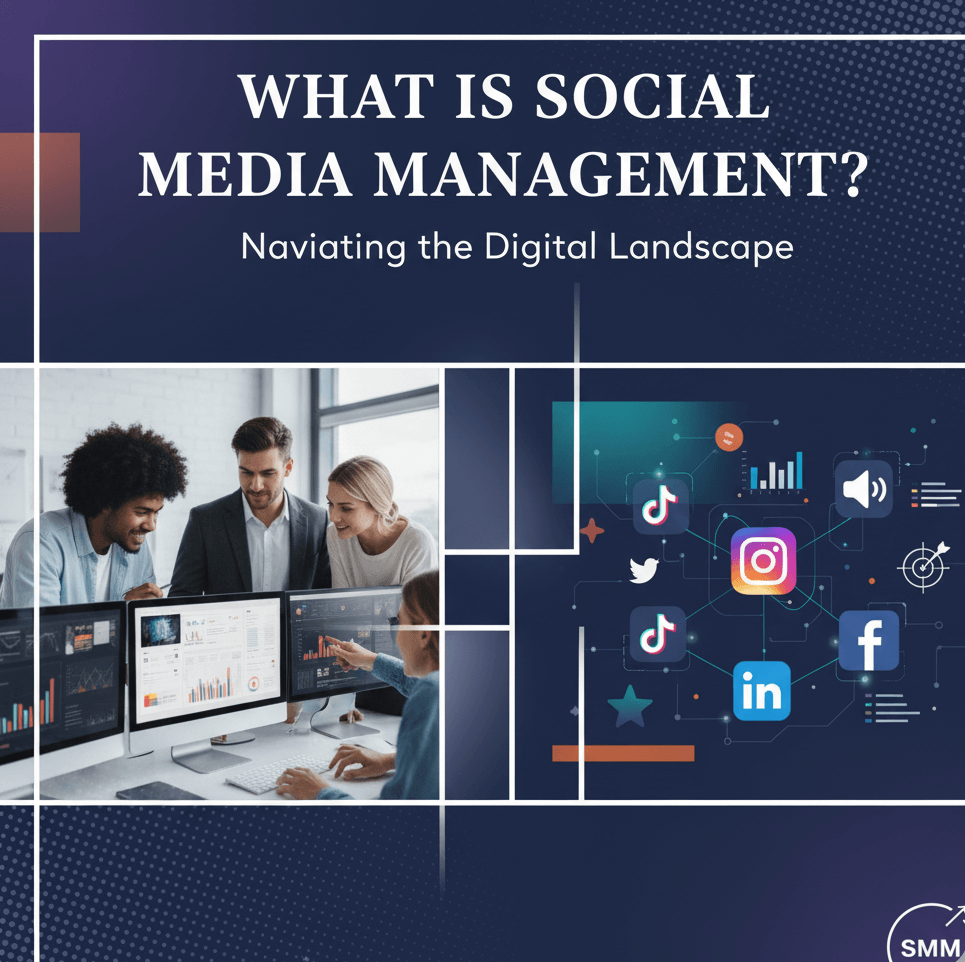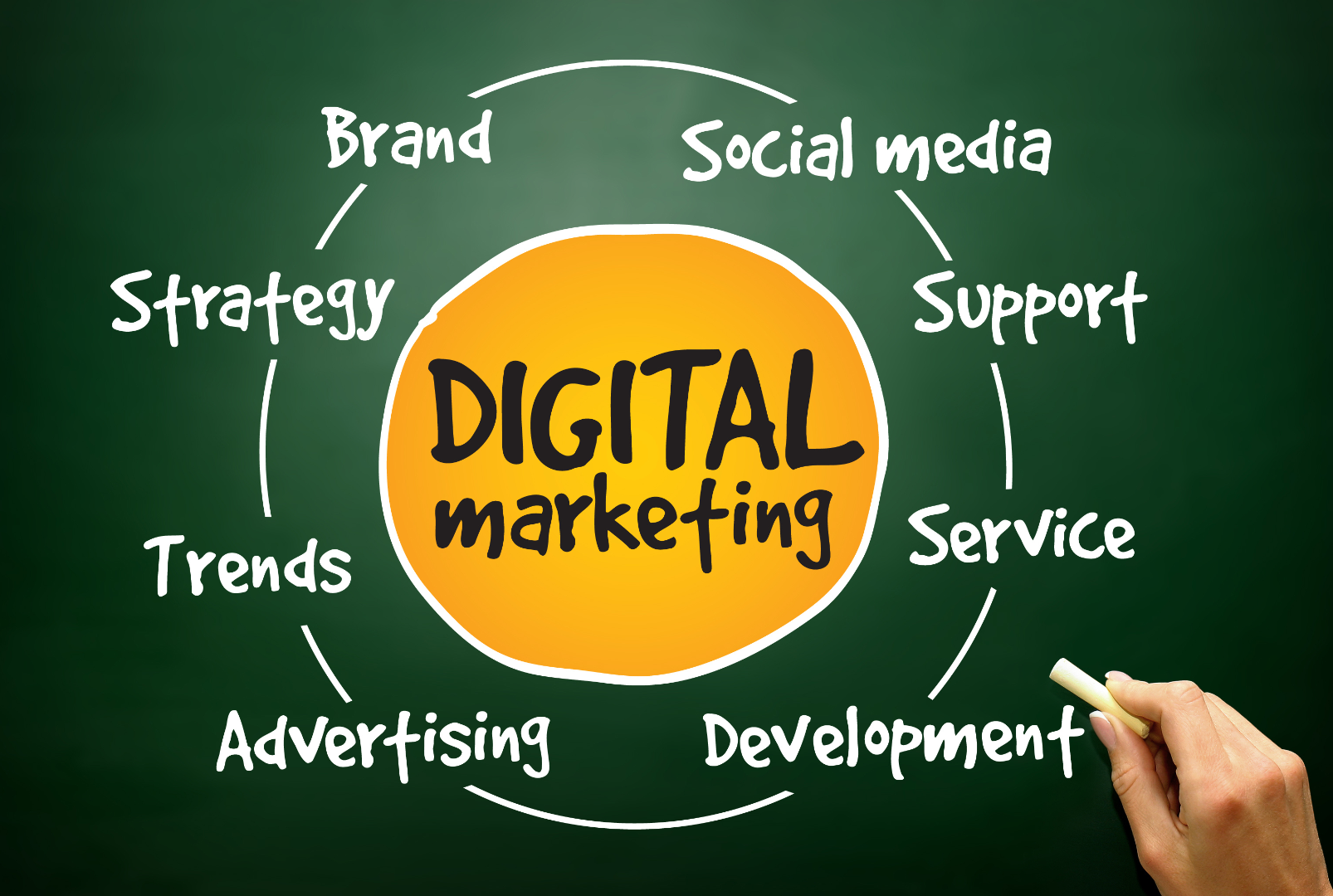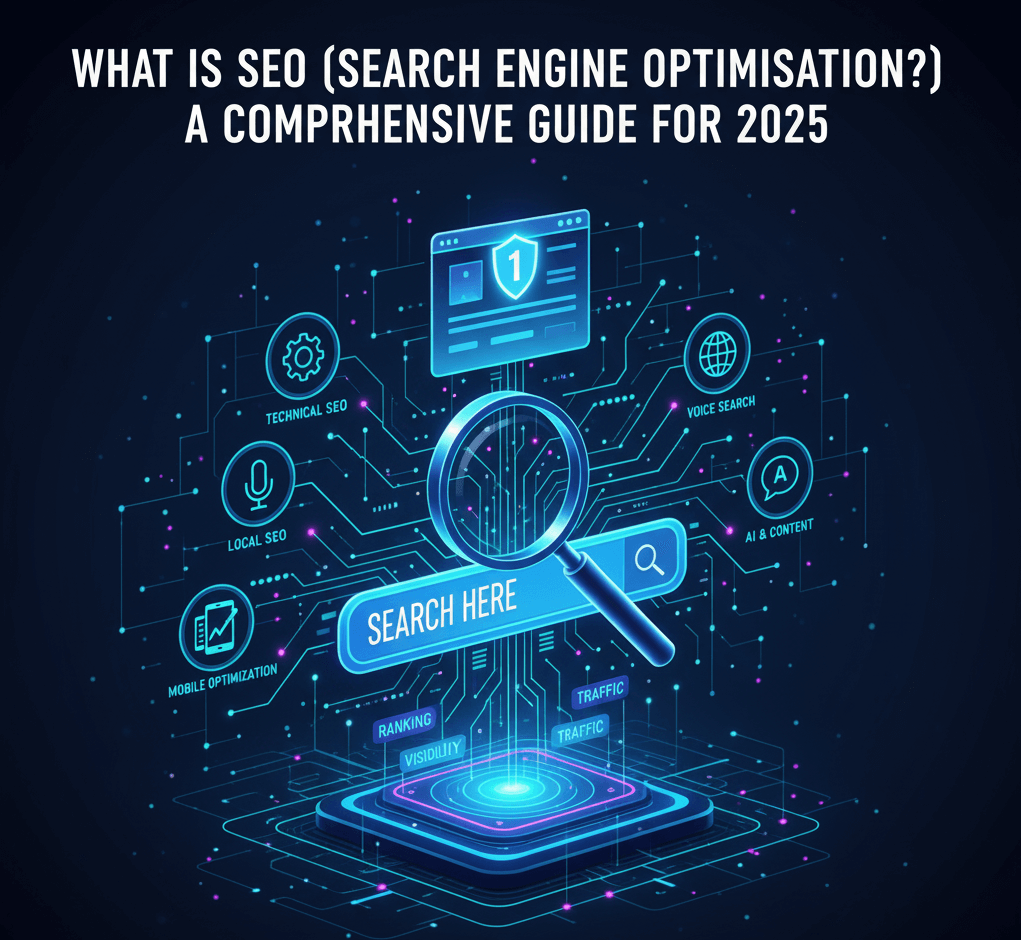Did you know that businesses with effective social media strategies see up to 3.5 times more engagement from their audiences, according to recent industry reports? In a world where digital connections drive success, understanding social media management is no longer optional; it’s essential.
Key Areas We Will Cover
- The core definition and scope of social media management
- Why it’s crucial for modern businesses and individuals
- Essential components, from strategy to analytics
- Popular tools to streamline your efforts
- Steps to become a skilled social media manager
- Best practices and future trends for 2025
In today’s fast-paced digital landscape, social media management stands as the backbone of online presence for brands and individuals alike. It involves the strategic handling of content, interactions, and performance across platforms like Facebook, Instagram, Twitter, and LinkedIn. This guide explores what social media management truly entails, its importance in fostering growth, and how you can master it to achieve meaningful results. Whether you’re a business owner or aspiring professional, you’ll gain actionable insights to navigate this dynamic field.
The Definition of Social Media Management
Social media management refers to the ongoing process of creating, scheduling, analysing, and engaging with content on various social platforms to build and nurture an audience. At its heart, it encompasses everything from planning posts to responding to user comments, all aimed at enhancing visibility and driving objectives such as brand awareness or sales.
Unlike casual posting, professional management integrates strategy with data-driven decisions. It ensures consistency in voice and messaging, adapting to algorithm changes and audience preferences.
Why Is Social Media Management Important?
In an era where over 5 billion people use social media globally, effective management helps businesses stand out amid the noise. It boosts engagement, fosters customer loyalty, and directly impacts revenue. For instance, well-managed accounts can convert followers into customers, with studies showing a potential 20-30% increase in leads through targeted interactions.
For individuals building personal brands, it provides a pathway to influence and opportunities. Neglecting it, however, risks irrelevance or reputational damage from unmanaged crises.
Key Components of Social Media Management
Strategy Development
Every successful campaign begins with a solid plan. This involves identifying target audiences, setting goals like increasing followers or driving traffic, and choosing the right platforms. Tools like audience demographics and competitor analysis guide this phase.
Content Creation and Scheduling
Crafting compelling content, be it posts, videos, or stories, is central. Managers use calendars to schedule in advance, ensuring regular activity without last-minute rushes. High-quality visuals and captions tailored to each platform maximise reach.
Engagement and Community Management
Interacting with users builds relationships. This includes replying to comments, managing direct messages, and encouraging user-generated content. Proactive engagement turns passive followers into advocates.
Analytics and Reporting
Monitoring performance through metrics like reach, impressions, and conversion rates is vital. Managers use insights to refine strategies, identifying what resonates and what needs adjustment.
Social Media Advertising
Integrating paid campaigns amplifies organic efforts. Platforms offer targeting options based on interests and behaviours, making it a key tool for growth.

Popular Tools for Social Media Management
Efficiency comes from the right software. Popular options include:
- Hootsuite: For scheduling and monitoring across multiple platforms
- Buffer: Simple interface for content planning and analytics
- Sprout Social: Advanced engagement and reporting features
- Later: Ideal for visual platforms like Instagram
These tools save time and provide data to optimise performance.
How to Become a Social Media Manager
Aspiring managers should start with education in digital marketing, perhaps through online courses on platforms like Coursera. Key skills include creativity, analytical thinking, and communication. Gain experience by managing personal or freelance accounts, building a portfolio, and staying updated with trends.
Certifications in tools like Google Analytics or platform-specific ads can enhance employability. Networking on LinkedIn often leads to opportunities in this growing field.
Best Practices and Future Trends for 2025
Adopt short-form video content, leverage AI for personalisation, and prioritise authenticity to engage audiences. Focus on sustainability and inclusivity in messaging. Looking ahead, expect greater integration of AR/VR and voice search in strategies, alongside stricter data privacy regulations.
Conclusion
Social media management is a multifaceted discipline that drives digital success through strategic content, engagement, and analysis. By mastering its components and tools, businesses can foster growth, while individuals can build influential brands. Remember, consistency and adaptability are key to thriving in this ever-evolving space.
Ready to Transform Your Social Media Presence?
Discover how Be More Social UK can tailor social media management services to your needs. From strategy to execution, our experts help you connect, engage, and grow. Visit our site today or contact us for a personalised consultation.
Frequently Asked Questions About Social Media Management
Navigating social media management can raise many queries, especially for newcomers. Below, we address some common ones to clarify this essential practice.
Essential skills include content creation, data analysis, customer service, and familiarity with platforms. Soft skills like creativity and adaptability are equally important.
Costs vary based on scope, from freelance rates of £20-£50 per hour to agency packages starting at £500 monthly. Factors include platform count and ad spend.
While possible, tools enhance efficiency and insights. Manual management suits small scales but becomes cumbersome as accounts grow.
Management focuses on day-to-day operations like posting and engaging, while marketing emphasises broader campaigns and promotions, often overlapping in practice.
Frequency depends on the platform: daily on Twitter, 3-5 times weekly on Instagram. Quality over quantity ensures better engagement.











